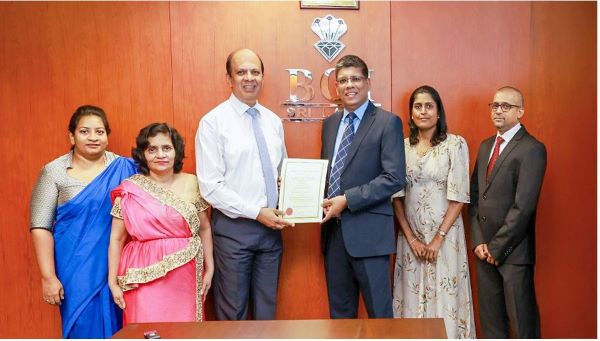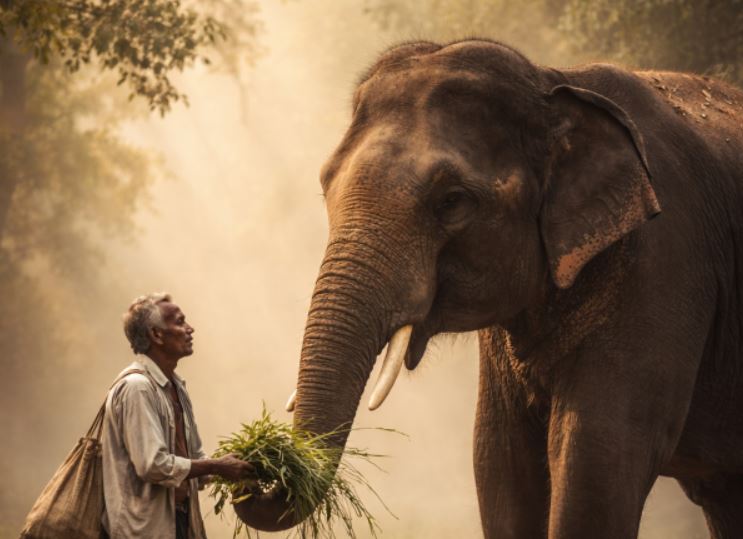Drinking Green Tea Beneficial To Health
By Dr Harold Gunatillake
From ancient times, Chinese believed that green tea had health benefits. They have been consuming a lot of it with their traditional meals. They have known about the medicinal benefits of green tea, using it to treat everything from headaches to depression. In her book Green Tea: The Natural Secret for a Healthier Life, Nadine Taylor states that green tea has been used as a medicine in China for at least 4,000 years.
Tea leaves come from the Camellia sinensis plant. They contain antioxidants that may counter free radicals that damage normal cells.
The difference between the three main varieties of tea (green, black, and oolong) is the process used to make them.
Black tea is exposed to air, or fermented, which darkens the leaves and gives them flavour.
Green tea is made by heating or quickly steaming the leaves.
Oolong tea leaves are partially fermented to help prevent some of this damage
There’s no hard evidence that drinking tea can prevent cancer in people in general. However, several studies have linked drinking tea to a lower risk of cancer for some people. More research is needed to define those groups.
The incidence of all types of cancer is predominantly high among Chinese, in spite of their excessive consumption of green tea. Checking some breast cancer figures among Chinese women, though, could be alarming. Scientists have found breast cancer rates among Chinese women who have been in the United States for more than 10 years to be 80 per cent higher than their newly arrived peers. And the rate among American-born Chinese women is almost the same as white women. Furthermore, in China, breast cancer rates have jumped more than 20 percent over the past 10 years. The situation is worse in big cities. In Shanghai, for example, the rate increased 31 percent during this period (ref: New York: Breast Cancer among Chinese Women-By Sing Tao Daily, Rong Xiaoqing).
The study further says, on examining the dietary habits of 1,602 women who were diagnosed for breast cancer between August 1996 and March 1998, compared to 1,500 healthy women. All of the women lived in Shanghai, China, and their age ranged from 25 to 64. After adjusting for other possible factors such as when and whether the women bore children, the study found that post-menopausal women who followed a “meat and sweet” Western-style diet were 60 per cent more likely to get breast cancer than same-age women who followed a “soy and vegetable” traditional Chinese diet. The effect was more significant for estrogenic-receptor positive tumours, whose growth is nurtured by oestrogen. The risk of getting this type of breast cancer was increased 90 per cent by the Western-style diet. Whether these Chinese women, irrespective of the type of diet they consumed in the US, green tea would have been consumed daily as traditionally done in China.
It appears that green tea does not seem to lower the incidence of breast cancer among Chinese.
The incidence of lung cancer mortality rates are much higher in China, exceed 37 per 100,000 populations and are nearing that of the United States, 49 per 100,000.
Oesophageal cancer
The mortality rate for cancer of the oesophagus is highest among males in China, 22 per 100,000 population. China has the third highest mortality rate among females for cancer of the oesophagus, 10 per 100,000 population. Survival is generally low across the continent.
On the contrary, in 1994, the Journal of the National Cancer Institute published the results of an epidemiological study indicating that drinking green tea reduced the risk of oesophageal cancer in Chinese men and women by nearly 60 per cent. University of Purdue researchers recently concluded that a compound in green tea inhibits the growth of cancer cells. There is also research indicating that drinking green tea lowers total cholesterol levels, as well as improving the ratio of good (HDL) cholesterol to bad (LDL) cholesterol.
Cardiovascular disease
Some studies show that drinking green tea may help curb a few heart disease risk factors, including body weight, blood pressure, and cholesterol absorption. However, the FDA denied a petition filed by a green tea maker that wanted to put heart-health claims on its product’s label, ruling that there wasn’t credible evidence to suggest that claim.
Cardiovascular disease (CVD) and death rates will surge in China by up to 73 per cent by 2030, due to ageing, smoking, high blood pressure, and other risk factors, according to research reported in Circulation: Cardiovascular Quality and Outcomes, an American Heart Association journal-article dated May 5, 2010.
“China now finds itself facing a major crisis with the predicted increase in mortality and morbidity from cardiovascular disease,” said Sidney C. Smith, Jr., M.D., Professor of Medicine at the University of North Carolina School of Medicine in Chapel Hill, N.C., and Zhi-Jie Zheng, M.D., Ph.D., Senior Medical Epidemiologist and me Director of the Division for the Application of Research Discoveries at the National Heart, Lung, and Blood Institute, National Institutes of Health in Bethesda, Md., co-authors of an accompanying editorial. “However, China is moving in the right direction by implementing major prevention programmes. If they succeed, they will serve as an example for other countries now facing the pandemic of CVD.”
It appears that the large volume of green tea consumed by the Chinese whilst eating their food does not appear to influence diminish heart disease and stroke. Heavy smoking has to be considered as a vital factor for the increase incidence.
There is some evidence that green tea may help control glucose (or blood sugar) levels; however, that hasn’t been widely tested in people. More research is needed to learn how much green tea would be needed and whether green tea also helps curb body weight and body fat for scientific evidence to support the claims. Herbal teas are not made from the Camellia sinensis plant and are not really teas at all. Herbal teas are an infusion of leaves, roots, bark, seeds, or flowers from other types of plants. Common herbal teas include chamomile and mint. They are not associated with the potential health benefits of green, black, or oolong. You get the most antioxidants from freshly brewed tea; those compounds are reduced in instant tea, decaffeinated tea, and bottled tea.
Researchers have not determined how many cups of freshly brewed green tea are recommended each day, but people in Asia typically drink at least three cups daily. Fresh brewing is the way to get the most antioxidants from your tea, so knowing how long to steep the tea is an important part of the process. Three to five minutes is the recommended amount of time for maximizing the benefits.
Iced tea often contains low to negligible amounts of catechins compared with the high concentrations found in a cup of hot tea, because adding water to brewed tea dilutes the concentration. However, iced tea and hot tea could contain approximately the same level of antioxidants if, when preparing iced tea, you use 50 per cent more tea than when preparing a similar amount of hot tea to allow for dilution. Blended teas are made with teas of different origins, combined to achieve a certain flavour. For example, English breakfast tea traditionally was a blend of China Keemums tea, but the blend now includes Ceylon and India teas as well. Little is known about the effects of green tea on children because the research on green tea has been done on adults.
Green tea contains caffeine, so pregnant women or those who are breastfeeding should not drink more than one or two servings of green tea per day, according to the American Dietetic Association. People with irregular heartbeats or anxiety disorders also should be cautious about how much caffeine they get, from green tea or other sources. A Swiss study found that drinking black tea with a meal reduced iron absorption by 79 per cent to 94 per cent when compared with drinking water. People with an iron deficiency might consider drinking tea only between meals.
Green tea has become popular and believed to have health benefits for its rich in catechin polyphenols, particularly epigallocatechin gallate (EGCG). EGCG is a powerful antioxidant and supposed to kill cancer cells without harming normal healthy cells. It is supposed to lower LDL cholesterol and also inhibit formation of blood clots responsible for heart attacks and stroke.




















